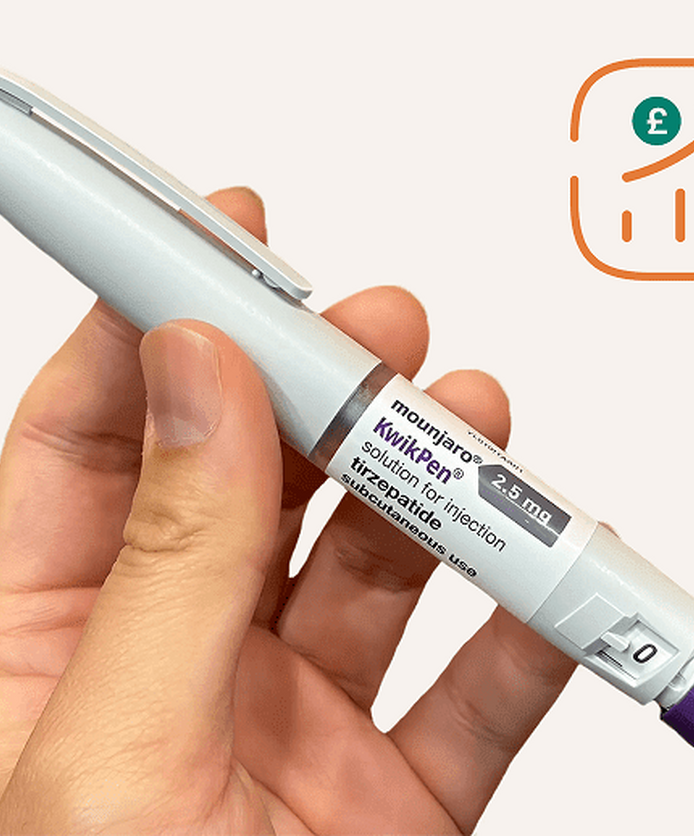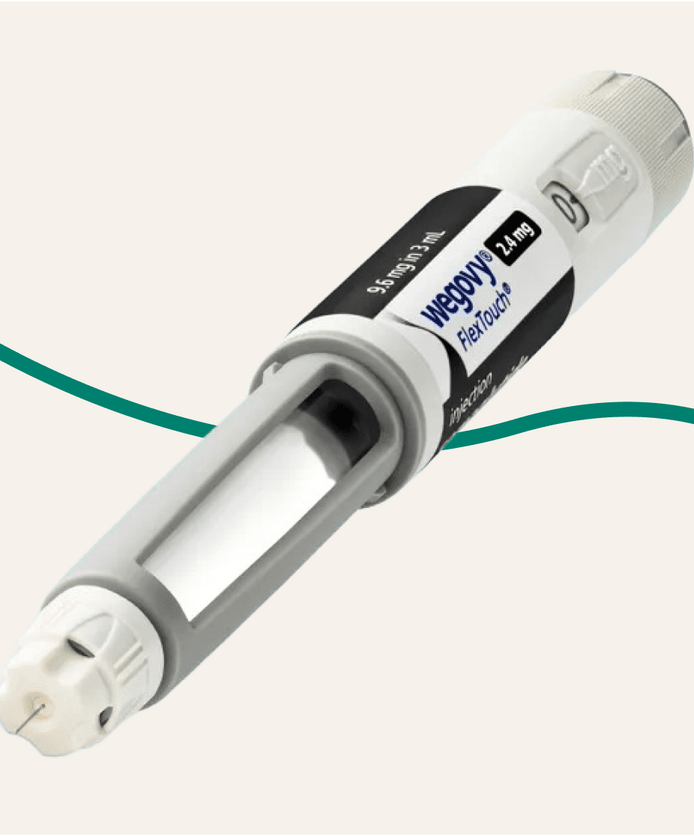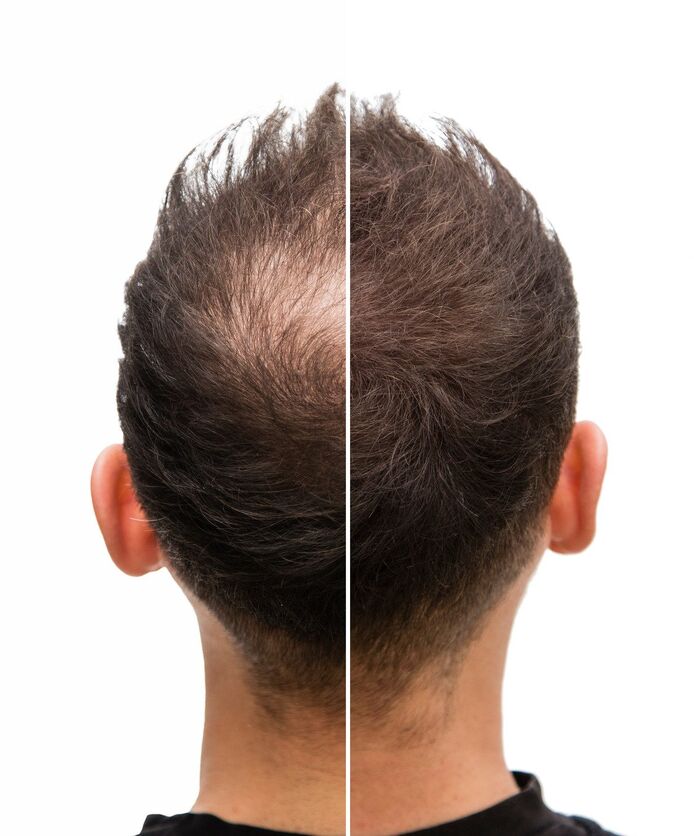
Complete consultation
Fill out a brief questionnaire to assess your qualification for the treatment.
Select medication
Choose the medication that suits your needs based on the consultation results.
Receive order
Treatment is dispensed and delivered discreetly to your home or work.
Take the first steps towards relief.
Start your consultation now to discover
Treatments to effectively manage you migraines.

Spot the Signs, Manage the Migraine!
Migraine is characterised by severe throbbing pain, usually on one side of the head. It’s a common condition and can be effectively managed when warning signs, known as aura, are recognised.
Key indicators:
Throbbing Headaches
Additional symptoms:
Fatigue & Yawning,
Cravings & Thirst
Mood Changes
Stiff Neck
Increased Urination
Spot the Aura – Waring Signs:
Early indicators: Visual disturbance like zigzag lines or flashing lights
Other aura symptoms: numbness, tingling, dizziness, difficulty speaking
Aurua should not last longer than an hour.
Things You Can Do to Ease or Reduce Migraines:
Sleep and lie down in a darkened room during a migraine.
Avoid known triggers, such as certain foods.
Stay well-hydrated, limit caffeine and alcohol intake.
Maintain a healthy weight.
Eat meals at regular times.
Regularly exercise
Ensure plenty of sleep.
Manage Stress.
-
What are the common triggers for migraines?
Migraine triggers vary among individuals, but common ones include hormonal changes, stress, certain foods, lack of sleep, and environmental factors like bright lights or strong doors. Keeping a migraines dairy can help identify personal triggers.
-
How long does a typical migraine last, and what are the stages?
Migraines can last between 2 hours and 3 days. They often have stages, including a prodome (premonitory symptoms), aura (waring signs), headache and postdrome. Understanding these stages aids in recognising and managing migraines effectively.
-
Can migraines be prevented and what lifestyle changes can help?
While migraines may not always be preventable, lifestyle adjustments can reduce frequency. This includes maintaining a regular sleep pattern, managing stress through relaxation techniques, staying hydrated and avoiding known triggers. Identifying and addressing triggers is crucial for prevention.
-
Can over-the counter painkillers effectively treat migraines?
Over-the-Counter painkillers like ibuprofen or paracetamol may provide relief for mild migraines. However, for more sever or frequent migraines prescription medications may be necessary. It is essential to consult with a healthcare professional to determine the most suitable treatment plan for your individual needs Begin consultation
-
When should I seek urgent medical attention for migraines?
If you experience a migraine that lasts more than 72 hours, aura symptoms that persist for over an hour or if you are pregnant, its crucial to seek urgent medical attention. Curely, should not be used for urgent medical situations. In case of severe or sudden symptoms, contact your local GP, visit the nearest hospital or call the emergency services. Link to emergency contacts.
Curely is designed for non-urgent consultations and should not be used as a substitute for immediate medical care in emergencies. Always prioritise your safety and well-being in urgent situations.


What to Do About the Mounjaro Price...

Does Propecia work?

Switching from Mounjaro to Wegovy:...

What are the side effects of Propecia?

What is Propecia?

